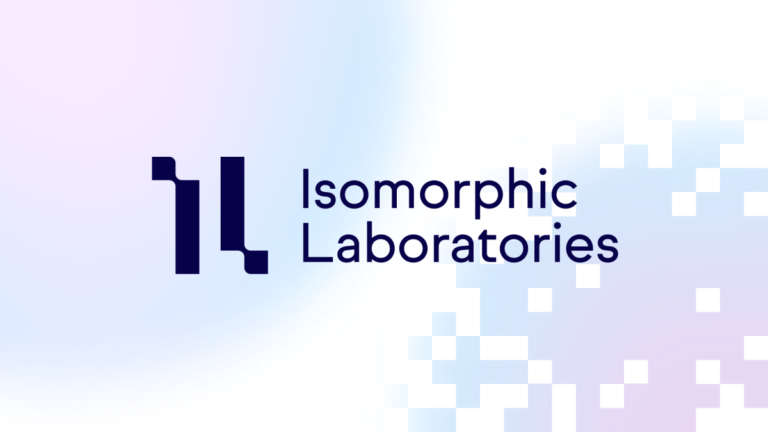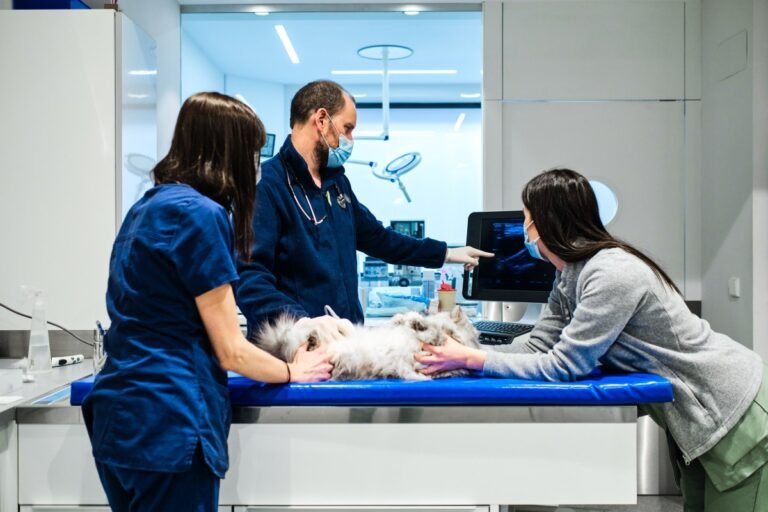
Varda Space Industries has closed a massive tranche of funding just weeks after its first drug manufacturing capsule returned from orbit.
The pair had an audacious goal to commercialize what until very recently was promising but ultimately small-scale research into the effects of microgravity on pharmaceutical crystals.
Indeed, Varda’s first mission, which returned to Earth in February after 10-months in orbit, does not mark the first time a drug has been crystallized in microgravity.
Astronauts have been conducting protein crystallization experiments in space for decades on the International Space Station and before that, the Space Shuttle.
The startup’s next manufacturing mission will launch later this year, and the team plans to land that spacecraft in Australia.

Century Health is a new startup also getting in on the action.
“One of the biggest issues around innovation for new treatments is efficient access to good patient data.
That data sat around for decades because it takes manual effort to normalize and extract insight from it.”That’s when he teamed up with friend Sanjay Hariharan, a data scientist and applied AI engineer, to form Century Health.
For us, that also means as affordably as possible with access to good real-world data.”Now with $2 million pre-seed funding, Century Health will run three to five pilots over the next several months.
In addition to the validated technology, another milestone will be to secure early revenue from the pilots, which Century Health can leverage to go after another round of venture capital.

Isomorphic Labs, the London-based, drug discovery-focused spin-out of Google AI R&D division DeepMind, today announced that it’s entered into strategic partnerships with two pharmaceutical giants, Eli Lilly and Novartis, to apply AI to discover new medications to treat diseases.
Isomorphic will receive $45 million upfront from Eli Lilly and potentially up to $1.7 billion based on performance milestones, excluding royalties.
Researchers recently used AlphaFold to design and synthesize a potential drug to treat hepatocellular carcinoma, the most common type of primary liver cancer.
The latest version of AlphaFold can generate predictions for nearly all molecules in the Protein Data Bank, the world’s largest open access database of biological molecules, DeepMind announced in late October.
Already, Isomorphic is applying the new AlphaFold model, which it co-designed with DeepMind, to therapeutic drug design, helping to characterize different types of molecular structures important for treating disease.

A lawsuit blaming Snapchat for a series of drug overdoses among young people can proceed, a Los Angeles judge ruled this week.
A group of family members related to children and teens who overdosed on fentanyl sued Snapchat maker Snap last year, accusing the social media company of facilitating illicit drug deals involving fentanyl, a synthetic opioid many times deadlier than heroin.
In the ruling on Tuesday, Los Angeles Superior Court Judge Lawrence Riff rejected Snap’s effort to get the case dismissed.
Riff did dismiss four counts against Snap but overruled the company’s efforts to throw out more than 10 others, including negligence and wrongful death.
The depth of disagreement is revealed by the parties’ inability jointly to label Snap’s social media presence and activities: “service,” “app,” “product”, “tool,” “interactive course of conduct,” “platform,” “website,” “software” or something else.

ImpriMed, a California-based precision medicine startup, builds AI-powered dog cancer treatment technology that helps veterinarians identify the most suitable drugs for individual canine and feline blood cancers.
The startup, which centers on improving treatment outcomes of dogs and cats with cancer first, now aims to expand its precision medicine technology for human oncology applications.
“Also, the proven know-how acquired from developing AI algorithms in veterinary oncology streamlines the building of new predictive models in human oncology.
For human precision oncology, its AI software for multiple myeloma, a rare blood cancer, is in the process of approval, aiming to commercialize in 2025, Lim told TechCrunch.
ImpriMed’s unique strength is “the ability to develop and incorporate AI models into the personalized medicine service workflow,” according to Lim.








